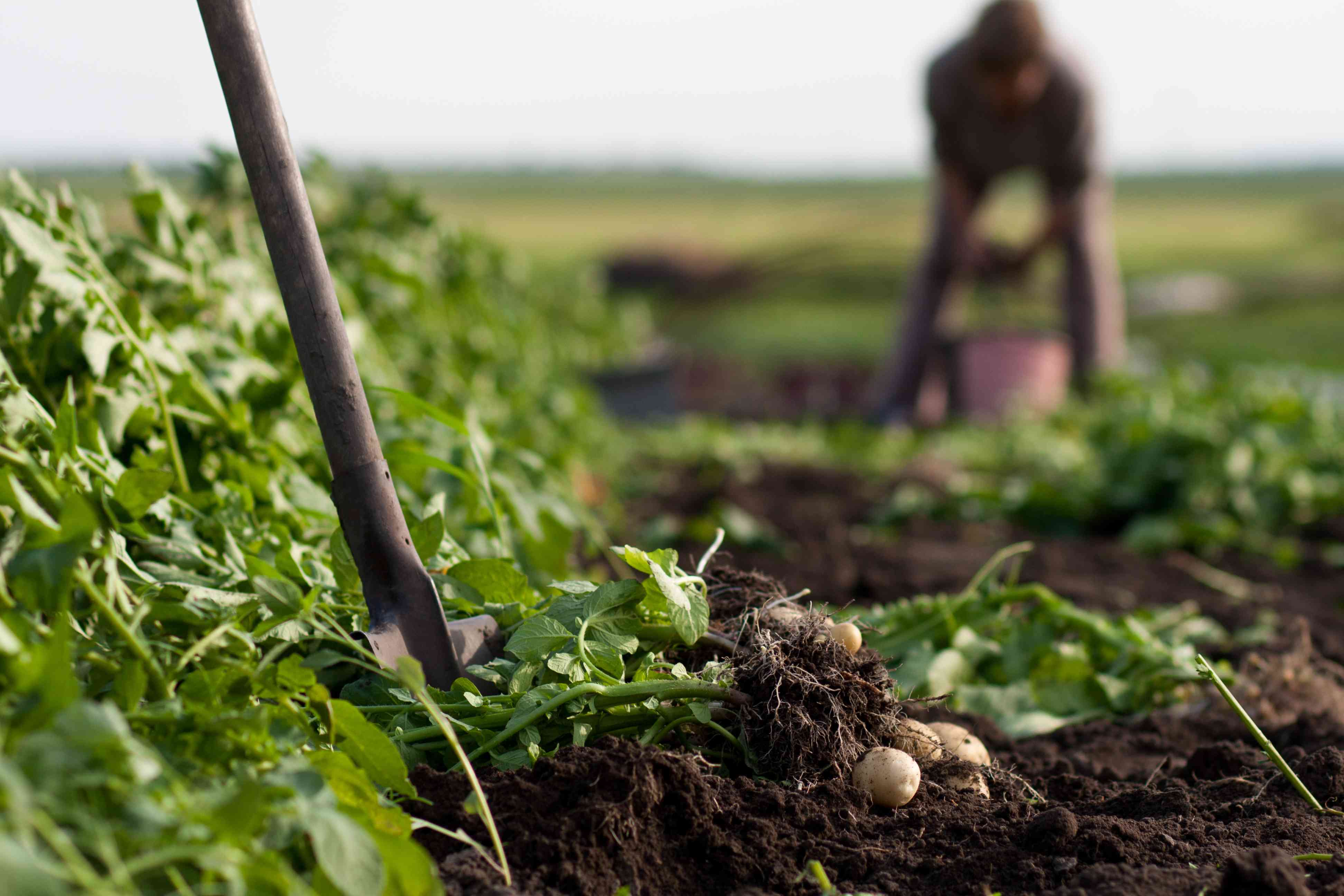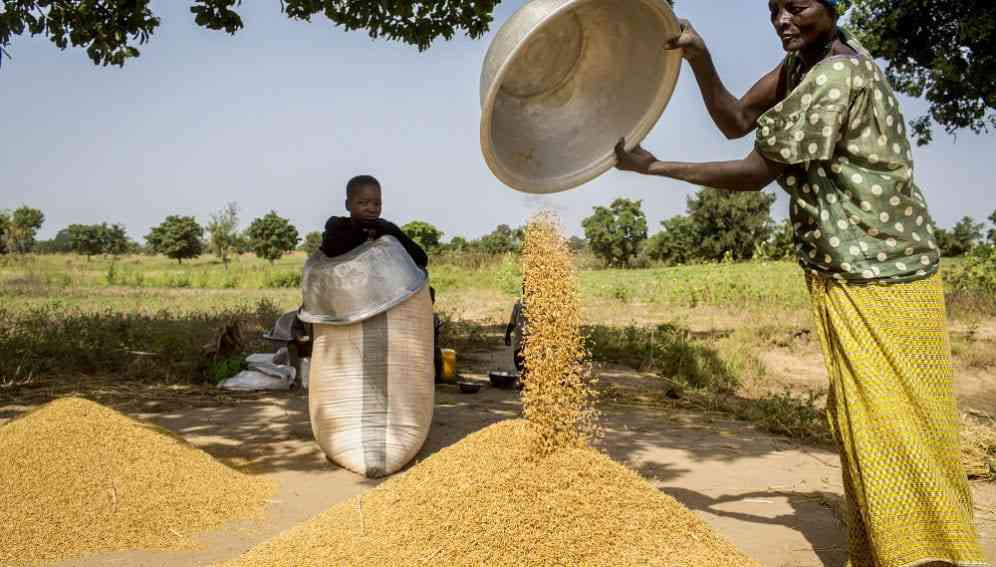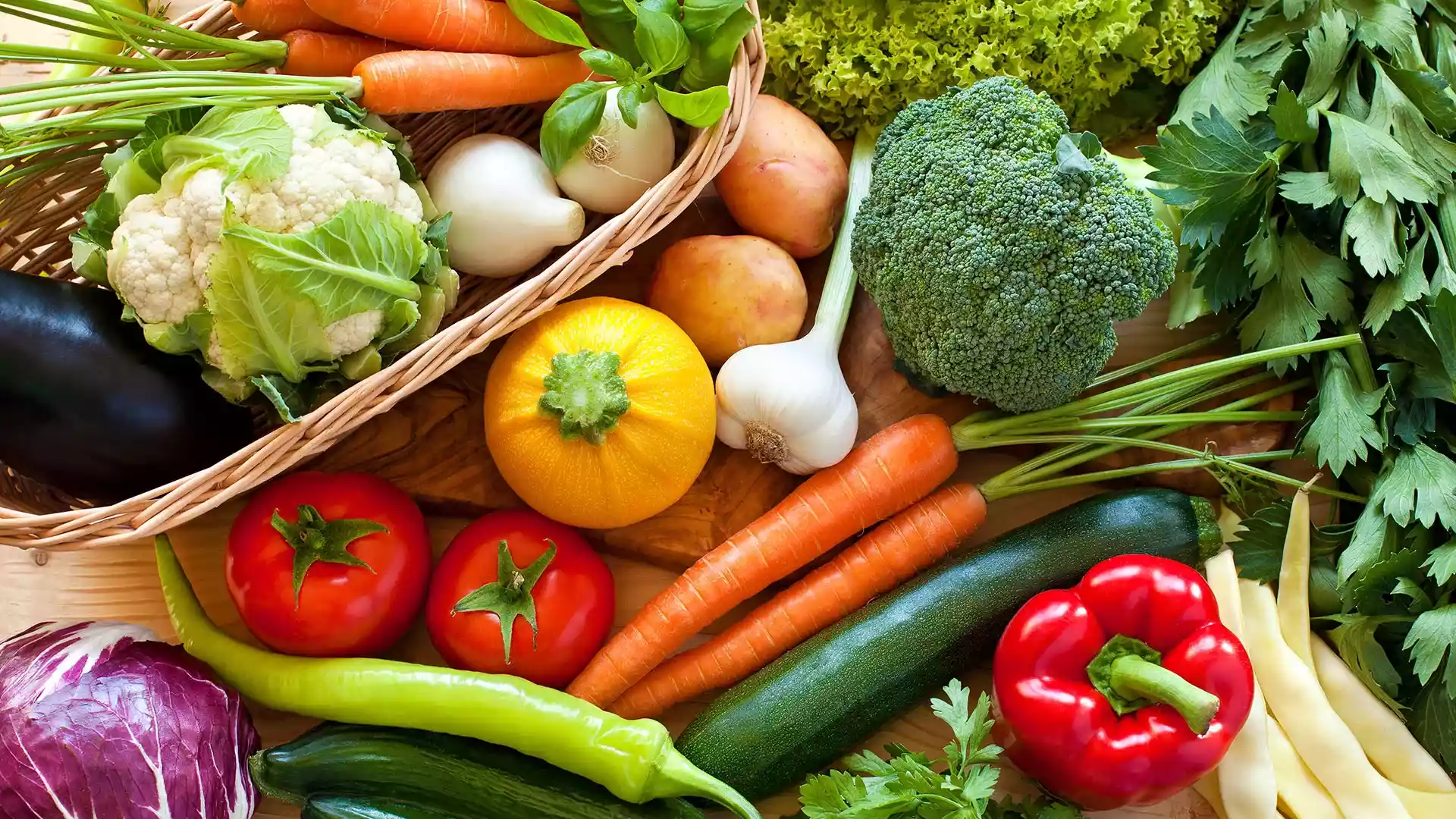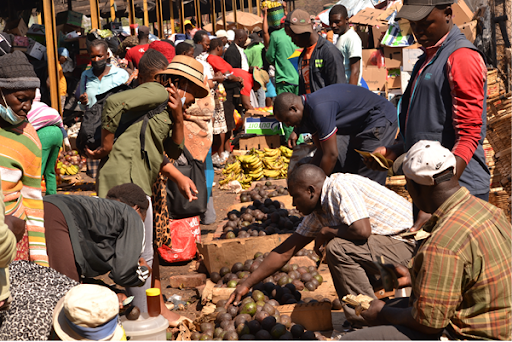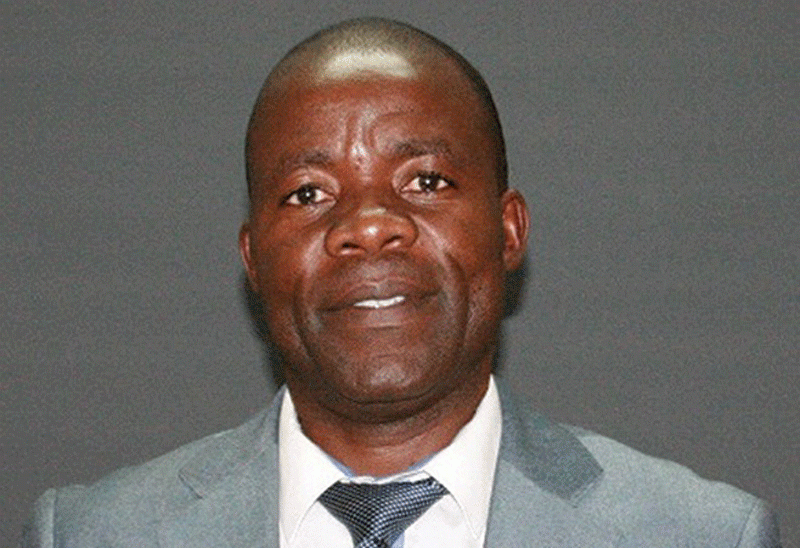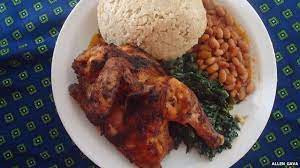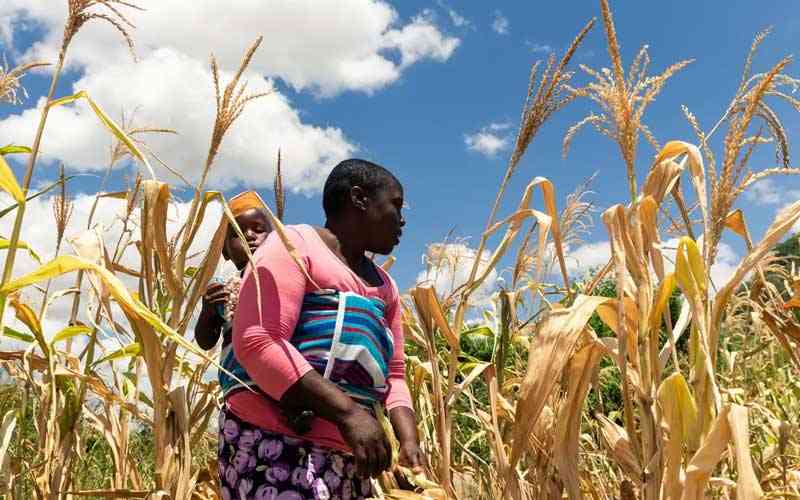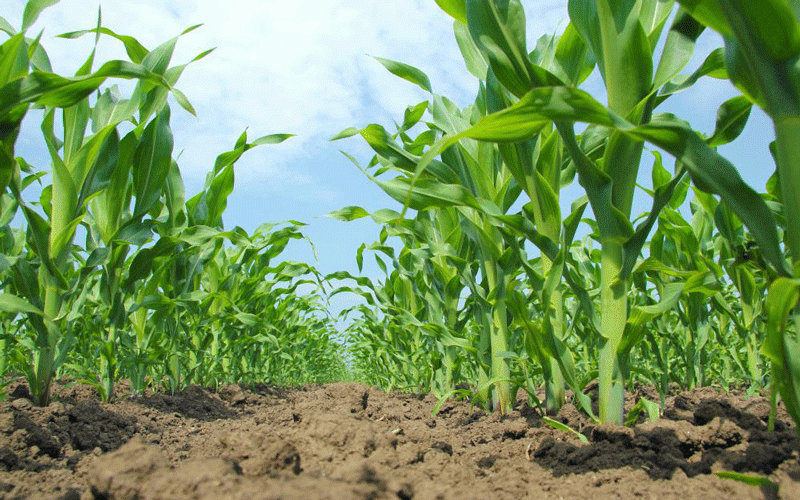How agroecology is quietly formulating food ingredients of the future
Such expertise is very important at a time when climate volatility and food-related diseases are challenging agriculture’s ability to meet the world’s nutritional needs.
By Charles Dhewa
Apr. 9, 2025
Circumstances under which flexible bridging finance makes all the difference
This presents challenges in harvesting and storing the commodities in ways that extend shelf life and preserve nutritional elements.
By Charles Dhewa
Mar. 19, 2025
How dialogue, documentation can preserve local food knowledge
When dialogue contextualises a topic which communities have always wished they had, local people see the need for their knowledge to be documented.
By Charles Dhewa
Jun. 12, 2024
Converting harvests into commodities and products that last longer
Unlike mass markets that try to come up with fair pricing systems based on demand and supply, prices announced by government are often not informed by demand and supply.
By Charles Dhewa
Apr. 17, 2024
Building business models around indigenous food – what are the issues?
These are some of the ways indigenous knowledge can be used to change and increase community knowledge bases.
By Charles Dhewa
Mar. 13, 2024
Countries dependent on external inputs are colonised
The uniqueness of what makes local breeds indigenous should be preserved.
By Charles Dhewa
Jan. 10, 2024
Questions that can promote healthy African food through colleges and schools
Some foreign food has become part of African food systems such that people may be confused when such food is not considered African.
By Charles Dhewa
Aug. 24, 2023
Narrow extension models unsuitable for holistic food systems
In most communities, baboons, monkeys, wild pigs and even hippopotamuses often invade fields and homesteads to feed on farmers’ crops and foodstuffs.
By Charles Dhewa
Mar. 15, 2023
Poor co-ordination makes it difficult to see where African food systems are going
EVEN when sufficient funding is made available, African countries may fail to feed themselves and produce excess food for export in a consistent manner.
By Charles Dhewa
Oct. 4, 2022

